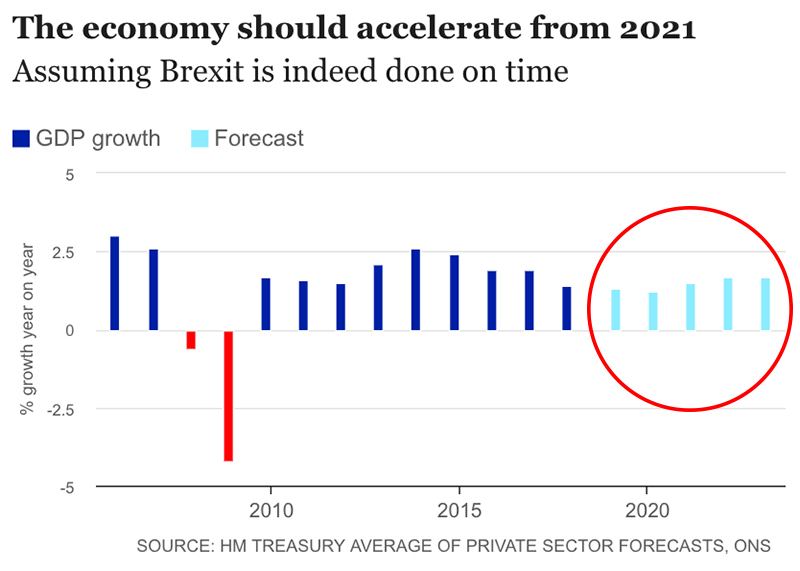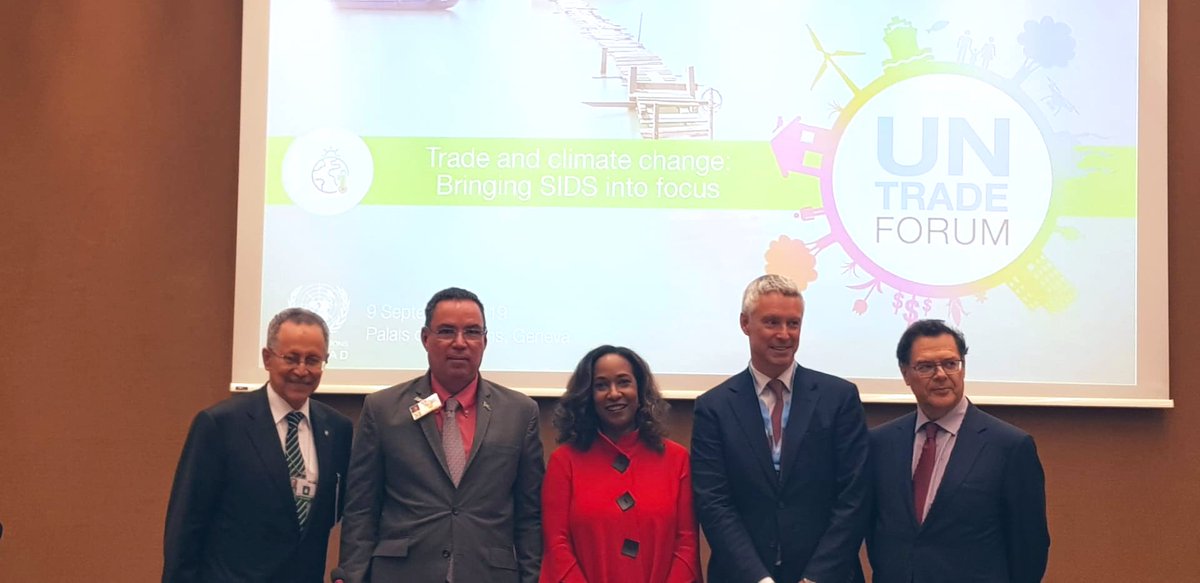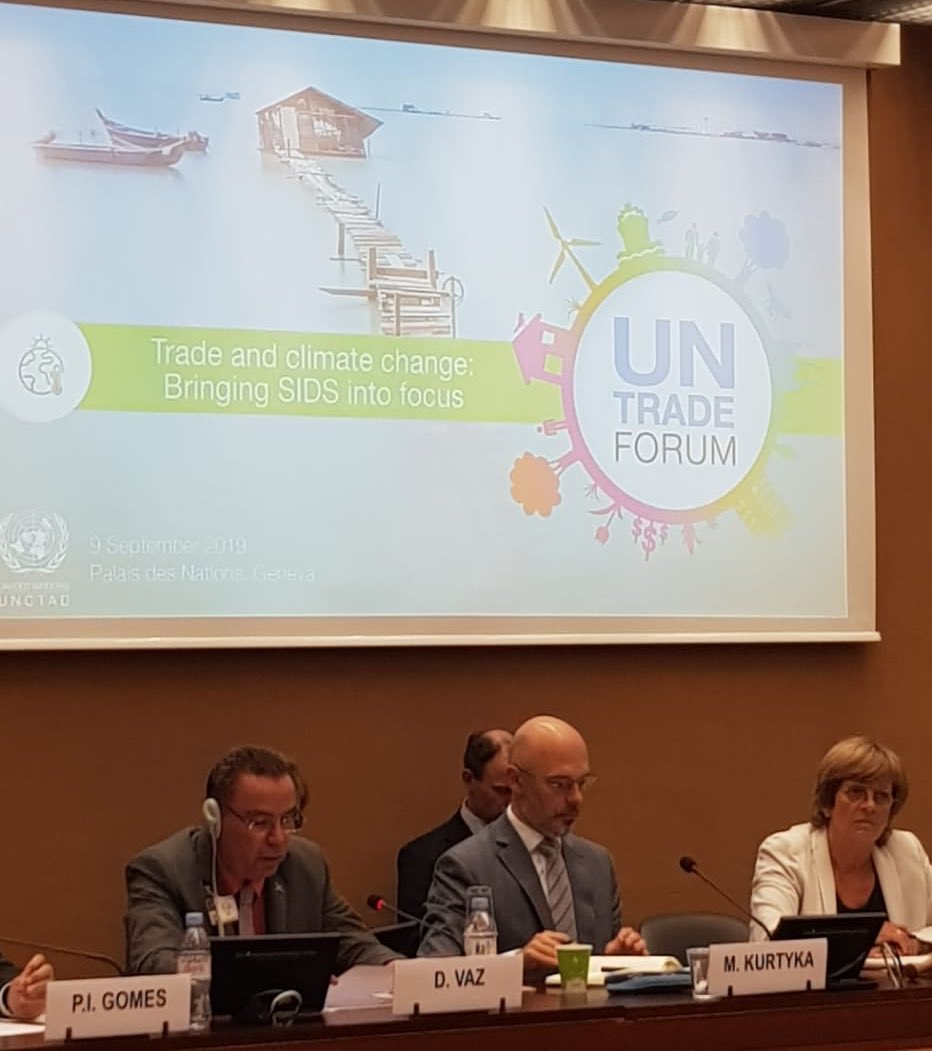Here's an article -- and thread -- on what it would take to get more.
1/x
huffpost.com/entry/coronavi…
We don't know how many we'll need, because that depends on how quickly the pandemic spreads.
#FlattenTheCurve is so, so important
washingtonpost.com/graphics/2020/…
2/x
Engineers and supply chain experts say yes.
Here are the key challenges to overcome:
huffpost.com/entry/coronavi…
3/x
Industry can do that, though new workers need training and new facilities need regulator ok.
Government can help, by placing orders/guaranteeing purchases and fast-tracking inspections/approvals.
4/x
Have to get the parts here, then distribute the finished goods.
Not a major worry right now, though government can coordinate and (if necessary) run its own supply lines with charter or military transport.
5/x
This is going to be the limiting factor, the experts said. Very specific parts, many come from overseas.
"You can’t just pick up different screws at Home Depot and call it good.”
6/x
This isn't a manufacturing problem. It's for the hospitals, which will likely face staff shortages.
Creative solutions include retired respiratory therapists, anesthesia docs/nurses who won't be doing elective surgeries, etc.
7/x
Some are respiratory therapists with clinical experience. Could offer them temporary front-line jobs.
8/x
Modifying machines to serve more than one patient, coming up with low-tech alternatives, 3D printing, etc.
None of these are ideal. But makeshift answers may be necessary.
9/x
1. We can ramp up production, subject to some limits.
3. The federal government can (a) buy or guarantee purchases (b) fast-track inspections (c) coordinate/run transport.
I don't know whether administration is taking these steps yet.
10/x







